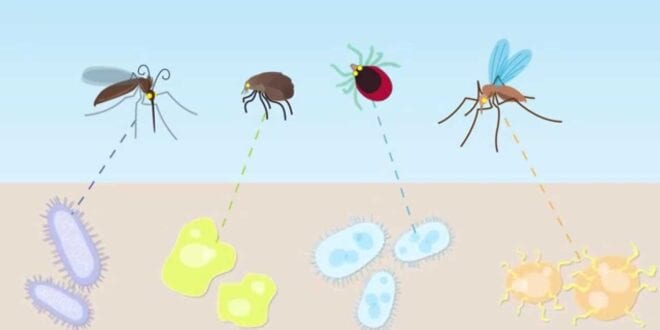We all love and adore animals. Their presence makes our life so much better and we can’t help but be in complete awe. Animals are also useful when it comes to providing basic food necessities. We often come in contact with animals in one way or another. You might think you know all the basic diseases that can be transmitted from animals but in reality, there is a wide range of insect and animal-borne diseases. The diseases that spread from an animal to a person depends on the kind of animal it is. Certain animals are carriers of some bacteria and viruses that can eventually spread to human beings. The diseases that spread from animals are called zoonotic diseases.
How do people get infected with animal-borne diseases?
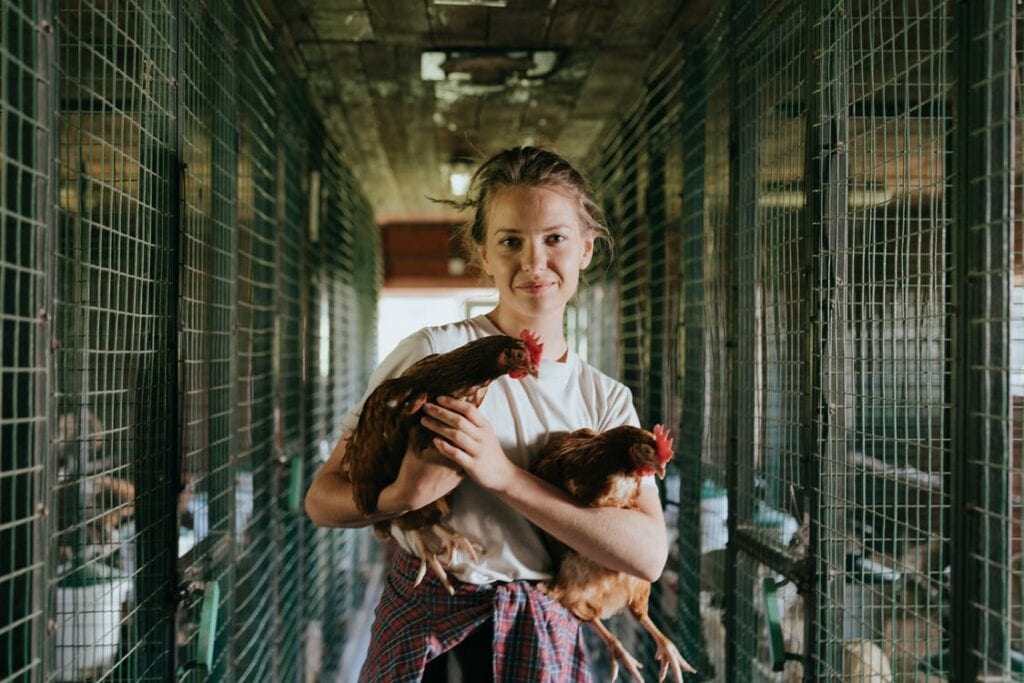
Before we move ahead on how these diseases can be prevented, it is important to see how they are spread in the first place. Humans are almost always in contact with animals whether this contact is direct or indirect. This contact later results in the spreading of the germs from the animal to the people. Mentioning some ways on how people get infected with animal-borne diseases will automatically guide us on certain precautionary measures which can be taken.
- Direct Contact
This is a simple way through which you can get infected with animal-borne diseases. This is possible if you directly come in contact by either touching or by getting in contact with any of their bodily fluids. These fluids include saliva, urine, blood, feces, etc. If the animal is infected with any disease, coming in contact with it will automatically transfer all the diseases to you.
- Indirect contact
This includes being infected with animal-borne diseases indirectly. Such indirect contact occurs when you touch anything that the infected animal came in contact with previously. These surfaces can vary from being the furniture in your house to places like chicken coop, soil, pet food, plants, water dishes, etc.
- Bites
Animals can also transfer diseases to you when they bite you. If a tick, mosquito, or any other insect bites you, you can easily get infected.
- Food
16% of Americans fall sick after consuming contaminated food. Unsafe and unclean food products can easily result in infection such as eating raw eggs, undercooked eggs, undercooked meat, raw vegetables, raw fruits, etc. If these food products are also laced with the feces of animals, an animal-borne disease is inevitable.
- Water
If you happen to consume unhygienic water that is contaminated with any animal droppings or saliva, it is bound to infect you as well.
How can you prevent being infected with animal-borne diseases?
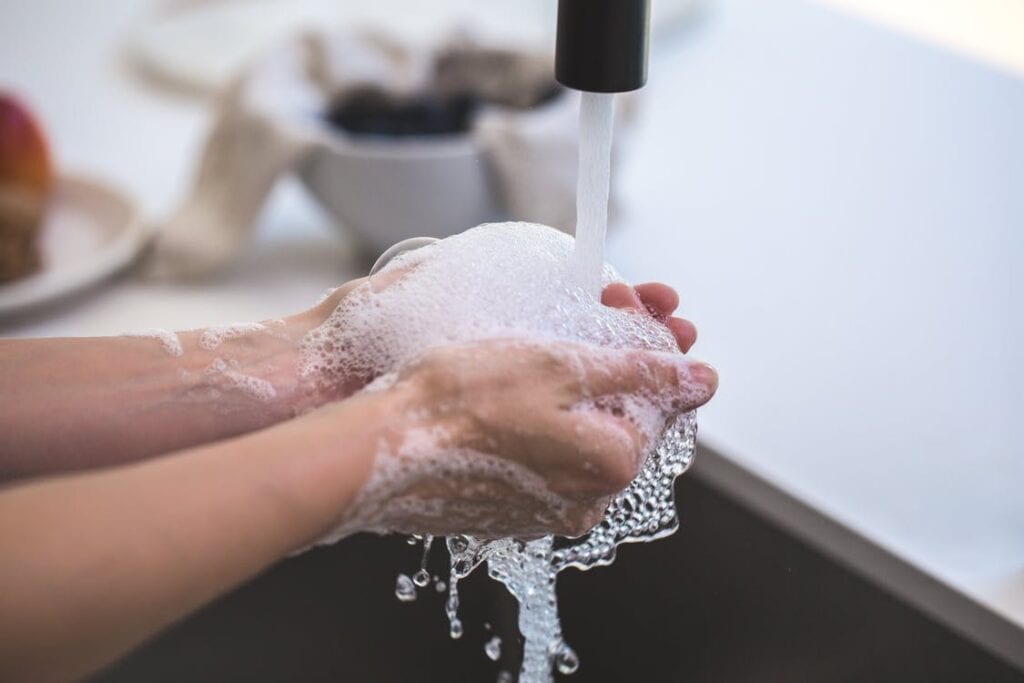
We have discussed numerous ways through which diseases can spread from animals to humans. Now, let us take a look at some things you can keep in mind to prevent any infection and ensure safety at all times. It might be challenging to do these things but once you get in a habit it will be relatively easy and you can be mindful of your activities and actions.
The most important thing you can do from your end is to take care of your hygiene. Maintaining personal hygiene will automatically reduce the chances of getting infected with an animal-borne disease. The next thing you can do is that if you are in close contact with animals i.e. that you work with them or spend time around them a lot, you can minimize the risk by following a few safety precautions. These prevention tips are mentioned below.
Carefully handle dead/sick animals
- Sometimes when you mow your garden, you may come across dead or sick animals. Do not try to pick it up with bare hands neither mow the lawn over it mistakenly.
- You can remove dead animals carefully or you may even call a professional animal removal service to remove the dead animal for you. Discarding dead animals is risky and involves high chances of getting infected with an animal-borne disease hence, it is not advised, but you can learn more about removing dead animals here.
- If you spot a wild animal that looks sick, do not try to pick it up or help it. Instead, call an animal service or wildlife rehabilitation center who can take care of it for you.
Healthy animals
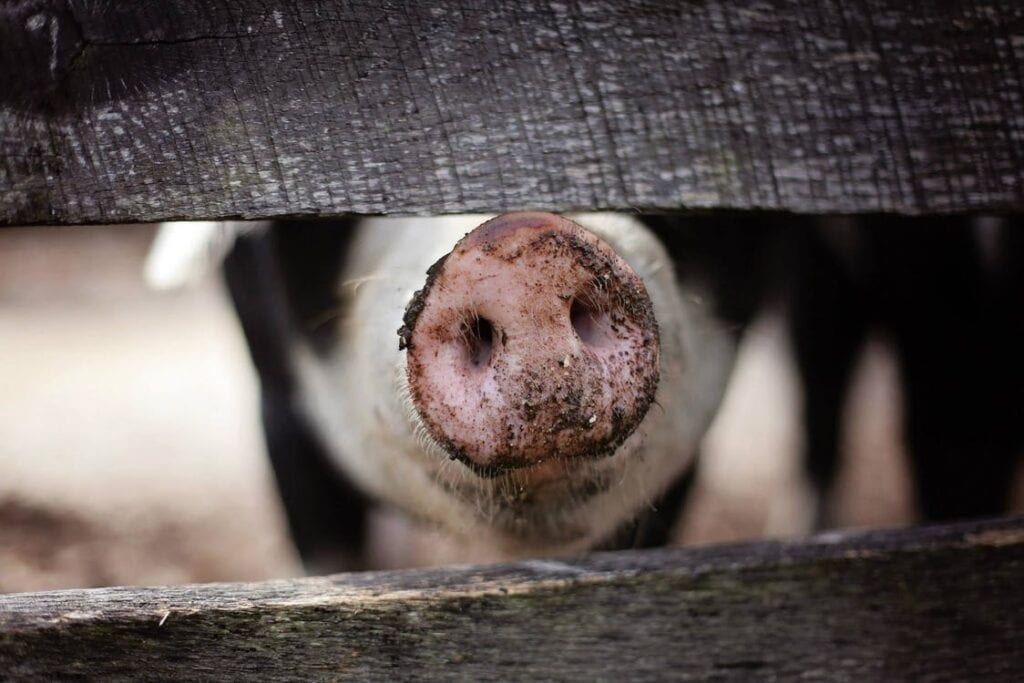
- If you have pets, your aim should be to keep them healthy for their sake and yours. Make sure your domestic animals do not come in contact with wild animals such as feral pigs as they can cause Brucella Suis.
- Vaccinate your pets on a regular basis to avoid getting infected with any disease. Different animals will be vaccinated differently such as Hendra virus is a common occurrence in horses.
Vaccinate yourself
- If you work anywhere near animals or even if you have pets in your house, it is always ideal to be vaccinated yourself. This will safeguard you against the most common zoonotic diseases such as Q-fever.
Protective gear
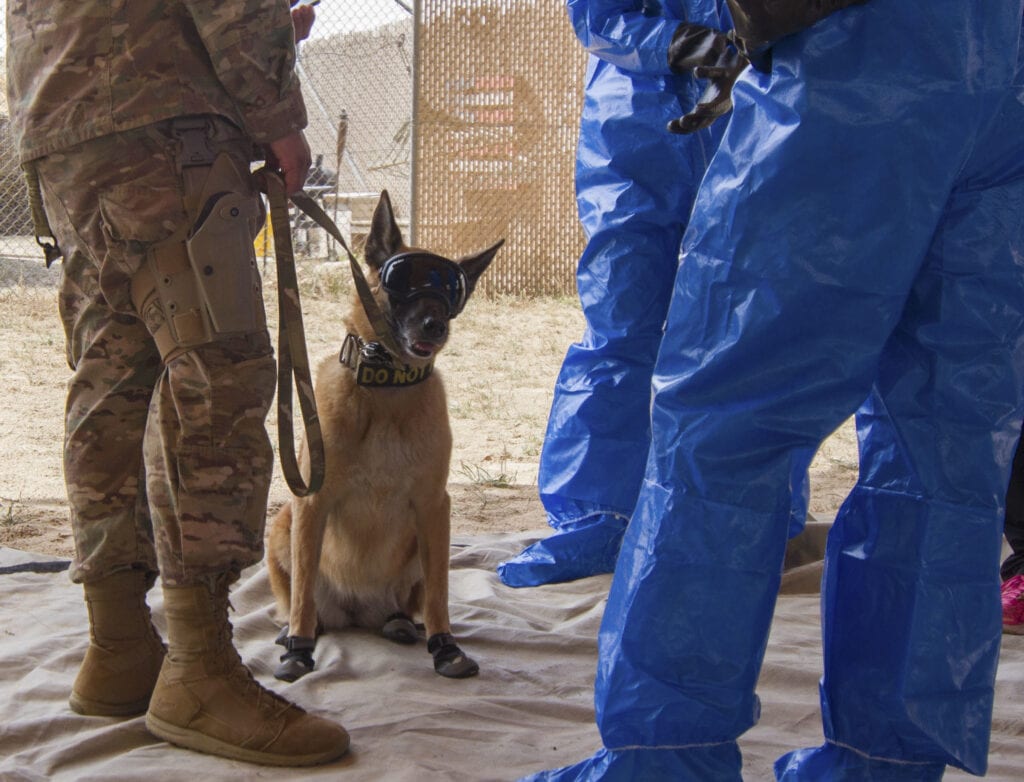
- The first and foremost thing you can do is be fully clothed which is wear long sleeve shirts and pants that reach your ankle.
- Apply repellant whenever you are outdoors to avoid getting bitten by mosquitos.
- Wear PPE (Personal Protective Equipment) whenever you are around many animals. This will protect you against many animal-borne diseases.
- If you get wounded, cover it up immediately. Use water-tight dressings for further effectiveness.
Protection during and after hunting
- When you are hunting wild animals, you are practically going towards a whole bubble of germs, parasites, and bacteria. This is when you are asking for trouble and hence, it is best if you take care of a few elements for safety. Wear gloves along with long and loose clothing to protect your skin from any animal exposure.
- If you choose to eat the meat you hunt, make sure the meat is washed before cooking. Also, thoroughly cook the meat and avoid eating it rare or medium-rare.
Disinfect
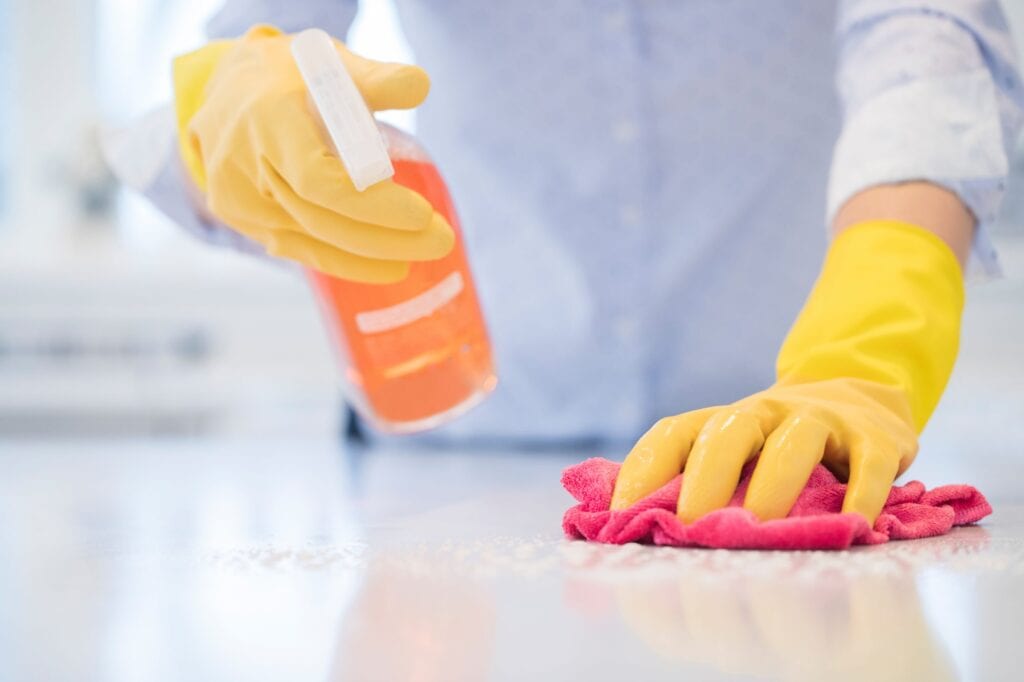
- Wash your hands thoroughly with soap and water each time you come in contact with an animal.
- Disinfect with a good sanitizer to get rid of any germs.
- You can also use a sanitizer in situations where water is not available.
Seek medical attention
- If by any chance you notice any difference in your health, it is best to seek medical advice immediately. If you are unwell, do not take it lightly and reach out to a medical practitioner without any delay.
 Imagup General Magazine 2025
Imagup General Magazine 2025
